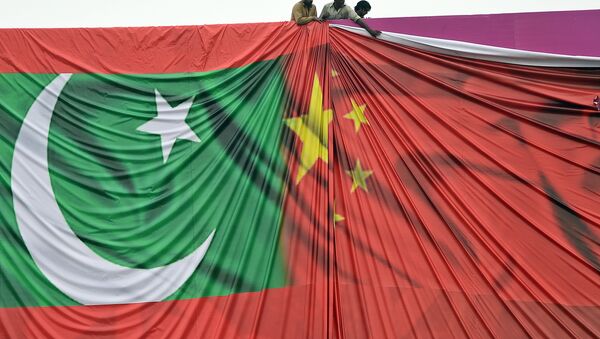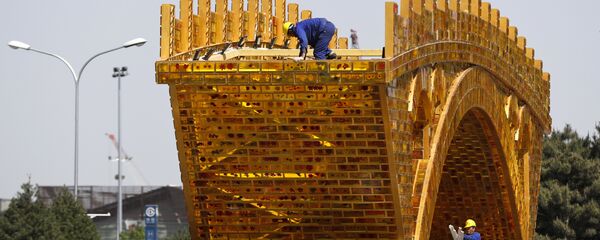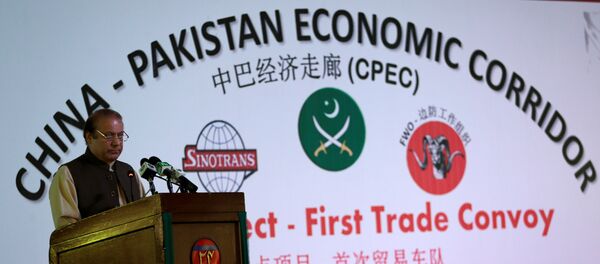Some of the official departments in Pakistan have been criticized for years of inefficiency, and projects not being completed on schedule has become a normal phenomenon. This caused some doubts about the progress of the CPEC project. However, Pakistan should not always be judged based on old ideas. For example, we saw evidence of a busy rhythm and efficient working atmosphere in the Pakistan Ministry of Planning, Development and Reform during the research period, and their past bureaucratic style has disappeared. Minister for Planning, Development and Reform Ahsan Iqbal and the CPEC project director, and their subordinates were all keeping clear minds and were highly familiar with the whole situation.
China and Pakistan are still exploring the potential for further industrial cooperation. We have already seen successful stories of Chinese enterprises in Pakistan. CMPak, China Mobile's wholly owned subsidiary, has developed into the nation's third-largest operator, with a market share of 20 percent. The company has completed its localization in terms of management with 21 Chinese employees and about 3,100 Pakistani employees working together. The company has boosted employment in Pakistan and also formed a local industrial chain.
Based on this example, it seems likely that more Chinese enterprises will take root and become successful in Pakistan. In the four-year promotion period of the CPEC so far, its contribution to Pakistan's economy, security and employment has been significant, and the country has a full understanding of this.
However, the CPEC still faces plenty of internal and external difficulties, and the rapid progress of its construction has led to eagerness for instant success. The Pakistan government is hoping that most of the power station and infrastructure projects can be completed ahead of next year's election. However, this may not be possible according to the construction contractors.
Pakistan's domestic situation is extremely complex. Sometimes, conflicts can be intertwined. In the face of the huge benefits of the CPEC, miscellaneous political forces all want to have a finger in the pie, which makes the original contradictions even more intensified. Some decision-makers involved in construction of the corridor have little interest in project construction but great interest in personal gain, ignoring the social benefits of the project.
To solve these problems, the construction of the CPEC requires a long-term plan. The cross-stage development experience of China's backward areas, a step-by-step introduction to China's poverty alleviation experience in undeveloped provinces and a plan to help Pakistan to develop its more remote regions is of great significance to benefit Pakistan at the grass-roots level.
In Pakistan, it is unrealistic to expect to eliminate corruption completely, but we hope it can be constrained as much as possible. In addition, political, environmental and security risks should be minimized by persuading the central government to take care of the interests of all parties.
Zhou Rong is a senior research fellow with the Chongyang Institute for Financial Studies at Renmin University of China. Chen Xiaochen is director of the International Studies Department at the Chongyang Institute for Financial Studies. bizopinion@globaltimes.com.cn
This article was written by Zhou Rong and was originally published in the Global Times.






